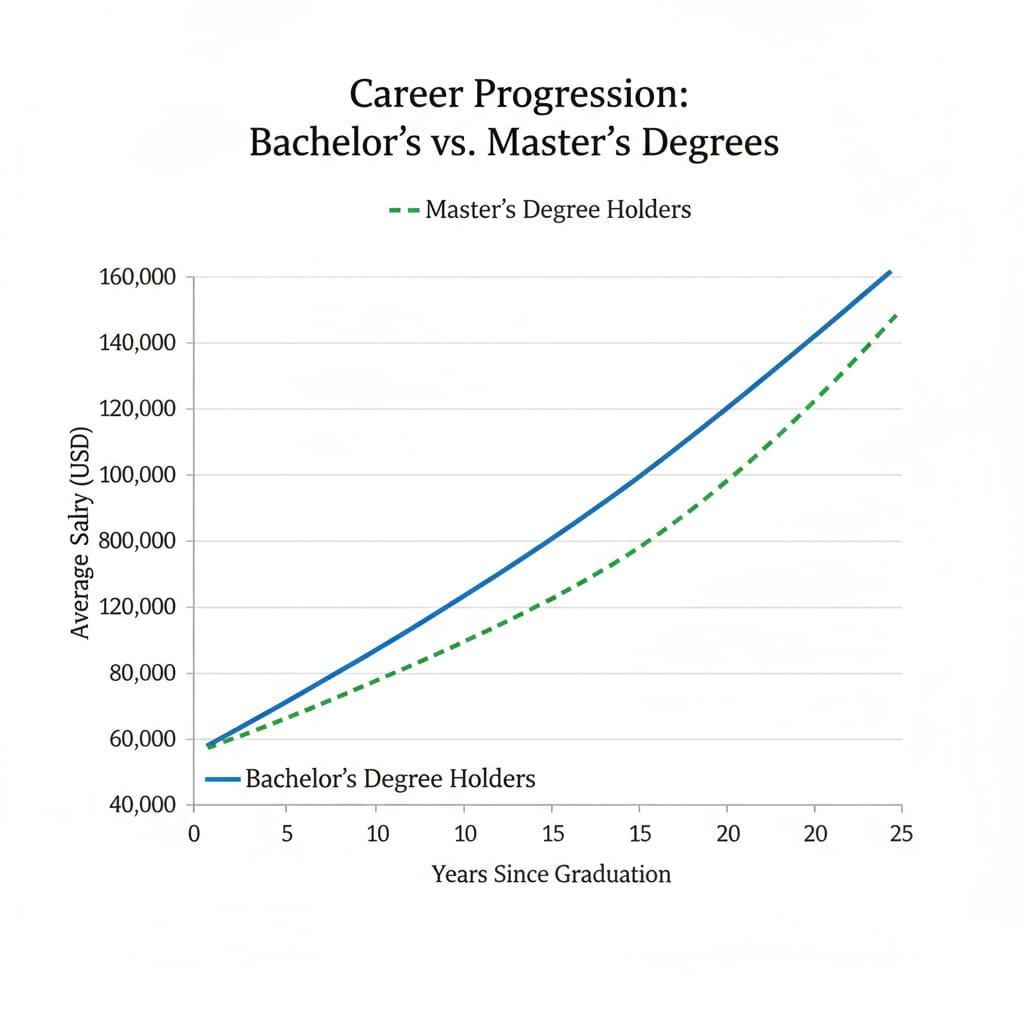Career choices, master’s education, and employment are significant decisions that fresh graduates grapple with. Standing at the crossroads of graduation, the choice between continuing education with a master’s degree and entering the job market immediately is a pivotal one. This article aims to assist graduates in making a well-informed decision by exploring the advantages and disadvantages of each path.

Understanding Your Academic Interests
First and foremost, one must consider their academic interests. If you have a profound passion for a particular subject and desire to delve deeper into it, pursuing a master’s degree might be the right choice. For example, those interested in research or academic careers often find that a master’s program provides the opportunity to conduct in-depth studies. According to Wikipedia’s page on higher education, a master’s degree can enhance your knowledge and skills in a specialized field. However, if you’re more eager to apply what you’ve learned in a practical setting, direct employment could be more appealing.
The Impact on Career Development
Career development is another crucial aspect. In some industries, a master’s degree is almost a prerequisite for advancement. For instance, in fields like medicine, law, and certain areas of engineering, a higher degree can open doors to better job opportunities and higher salaries. On the other hand, entering the workforce right away allows you to gain real-world experience, build a professional network, and start earning income earlier. As stated on Britannica’s page on career development, practical experience is highly valued in many workplaces. This hands-on experience can sometimes be as valuable as an advanced degree.

Economic considerations also play a vital role. Pursuing a master’s degree often comes with significant costs, including tuition fees, living expenses, and the opportunity cost of not working. In contrast, starting a job immediately means you can start saving money and become financially independent. However, it’s important to note that in the long run, a master’s degree may lead to higher earnings, which could offset the initial investment.
In conclusion, the decision between furthering your education with a master’s degree and starting your career right after graduation is not an easy one. It requires a careful balance of your academic interests, career goals, and economic situation. By thoroughly evaluating these factors, you can make a choice that aligns with your long-term aspirations and sets you on the path to success in your career choices, master’s education, and employment journey.
Readability guidance: This article uses short paragraphs and lists to summarize key points. Each H2 section provides a clear perspective. The proportion of passive voice and long sentences is controlled, and transition words are used throughout to enhance readability.


